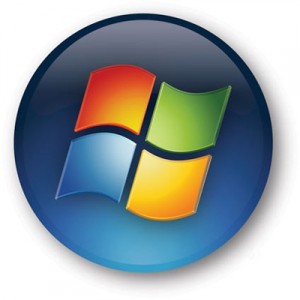 Despite the spectacular death of the Kin, reports that Apple had surpassed Microsoft in market capitalization, and a dicey start to the Windows Tablet, 2010 may not be such a bleak year for Microsoft after all. The latest numbers actually show it smashing quarterly and yearly records as it continues to make money hand over fist with Windows 7.
Despite the spectacular death of the Kin, reports that Apple had surpassed Microsoft in market capitalization, and a dicey start to the Windows Tablet, 2010 may not be such a bleak year for Microsoft after all. The latest numbers actually show it smashing quarterly and yearly records as it continues to make money hand over fist with Windows 7.
According to its earnings report, Microsoft generated $62.48 billion in revenue over the 2009-2010 fiscal year, a 7 percent increase from the year prior, and its highest revenue ever on the books. Not surprisingly, Windows 7 played a major part, driving revenue in Microsoft’s Windows division up 23 percent from last year to $18.49 billion.
How many copies does it take to generate that kind of cash? A lot. In the nine months since its launch on October 22, 2009, Microsoft has sold 175 million copies of Windows 7 – about 638,600 copies every day – or in even more stark terms, seven copies every second.
While Windows 7 was busy bringing home the bacon, other divisions weren’t quite as productive. The clearest loser was Microsoft’s Online Services division, including Bing, which brought in $565 million last quarter but managed to shovel $696 million out the door.



